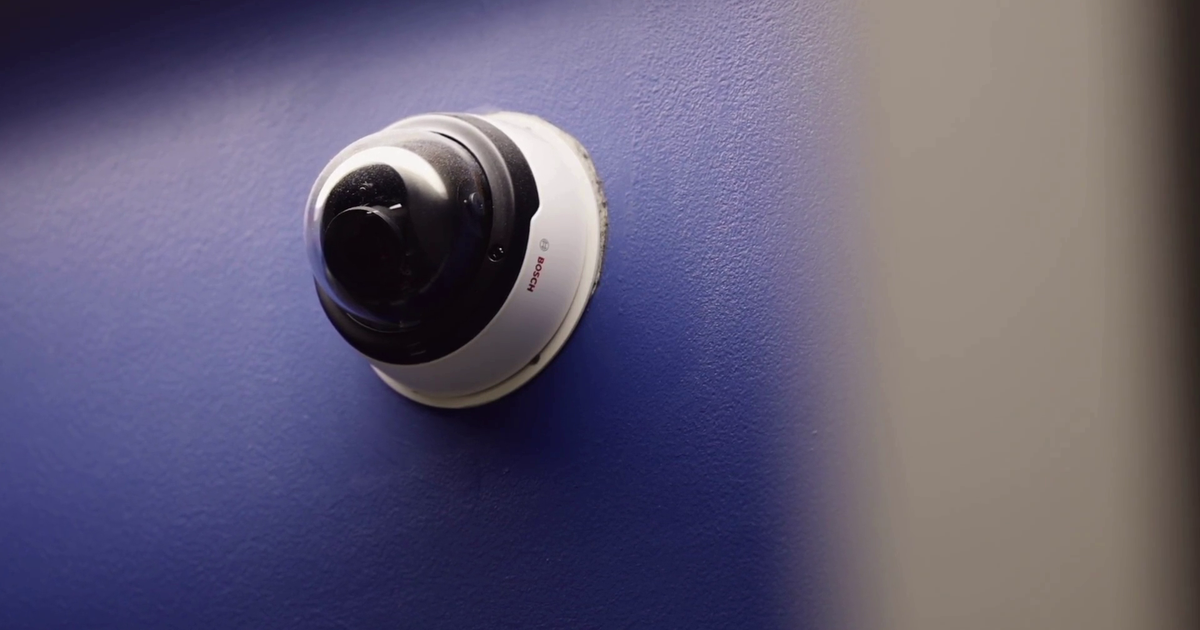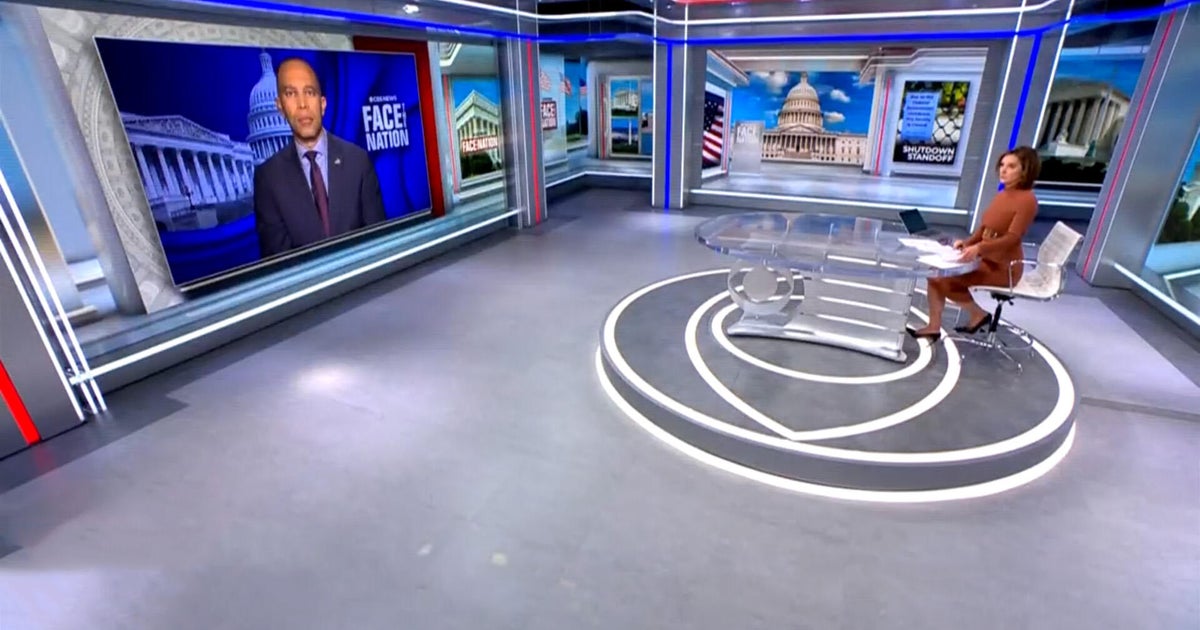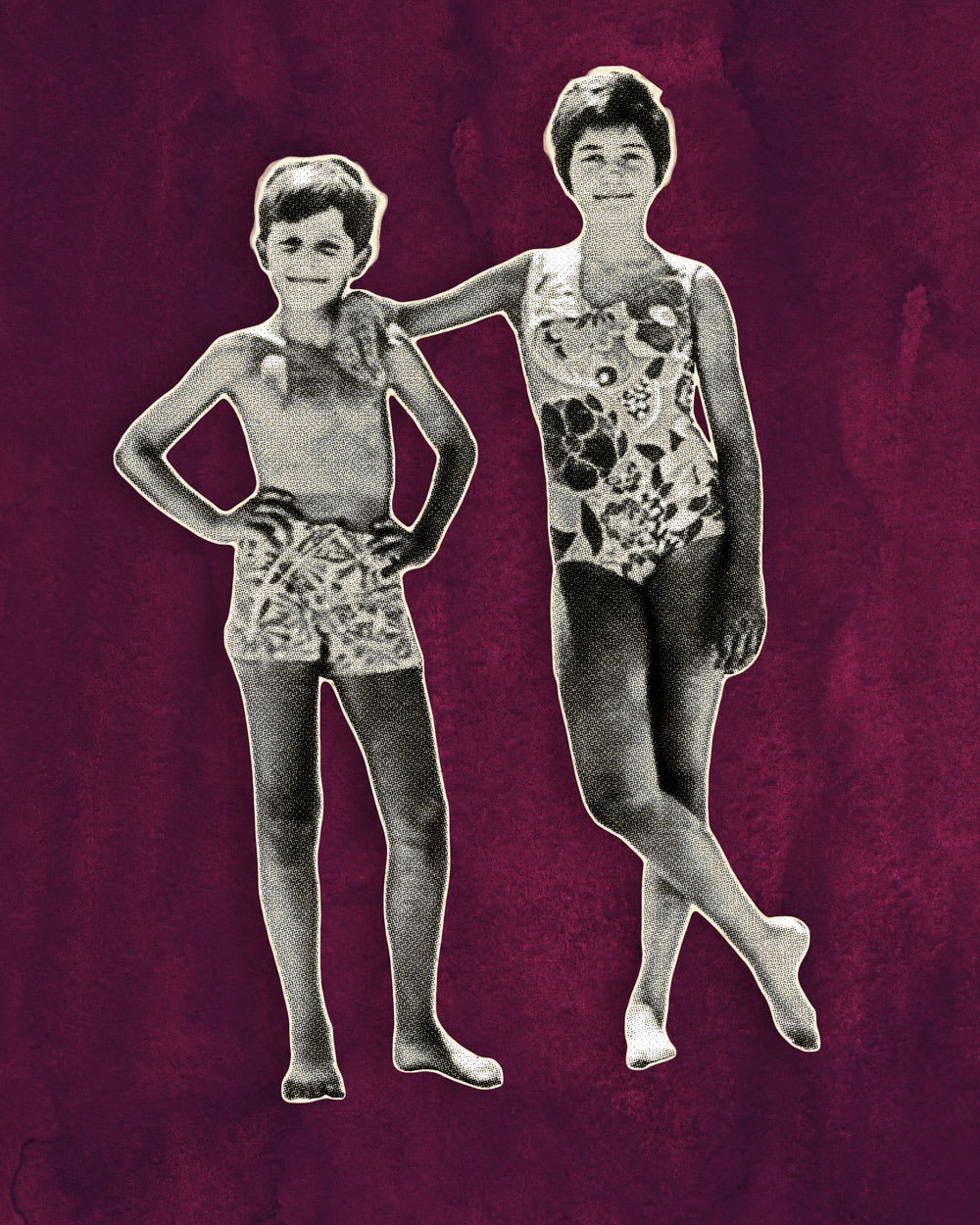Women in leadership roles sexually harassed more than other women
- Women in workplace leadership roles face higher rates of harassment than women employed in subordinate jobs, a study finds.
- Women who are bosses face a "paradox of power" because their leadership roles place them at greater risk for harassment.
- Women's career advancement "comes at a higher cost than men's," a researcher says.
The traditional idea of a woman facing workplace harassment involves a low-ranking worker, such as an intern or office administrator, who is sexually harassed by her male boss. But a new study finds that women in leadership roles face higher rates of sexual harassment than lower-ranking women, which the researchers call a "paradox of power."
The findings come at a time when there's more focus on the nuances of sexual harassment and the barriers facing women in the workplace, government, academia and on social networks like Twitter. A 2018 study from consulting firm McKinsey found that the issue continues to be rife in corporate America even though 98% of companies have policies stating that sexual harassment isn't tolerated. Nonetheless, McKinsey found 35% of women have experienced sexual harassment in their careers.
But the issue is worse for women in leadership roles, according to the new study from the Swedish Institute for Social Research at Stockholm University, which also worked with American and Japanese researchers. The study examined responses from more than 27,000 women between 1999 to 2019 in Sweden, the U.S. and Japan about their experiences and responses to sexual harassment.
Surprisingly, women in leadership roles experienced between 30% to 100% more sexual harassment than other women employees, a trend that was true across all three countries.
"When we first started to study sexual harassment, we expected a higher exposure for women with less power in the workplace. Instead we found the contrary," Johanna Rickne, professor of economics at SOFI, said in a statement.
Truth — or consequences?
The reason, Rickne said, is that women in leadership roles are "exposed to new groups of potential perpetrators." In other words, women in supervisory roles are targeted by both subordinates and higher-ranking employees.
Women in power also face consequences if they report the harassment, including demotions and denials of promotions, which means they may feel they have more to lose from sexual harassment than other workers, the study said.
The McKinsey study also found that women in leadership roles face more harassment, with 55% of women in senior leadership experiencing it, possibly because they break traditional gender norms. While not all men harass women, there are some with a "a latent tendency to harass," the Swedish study said.
Greater risks
That will probably come as no surprise to those who have observed the abuse aimed at women in elected roles in government. In the U.K., 18 female members of Parliament decided not to seek reelection last year, partly due to the abuse they encountered from constituents, according to the New York Times. Prime Minister Boris Johnson, meanwhile, dismissed their accounts of harassment, calling it "humbug."
Decades ago, many believed that women would face less harassment as they gained power and filed into the workforce, but it hasn't turned out that way. Instead, women in leadership roles are at greater risk of harassment, especially in workplaces with a greater number of male subordinates, the researchers found. The research also found that it's a risk shared by women of all ages, not only young women.
"Sexual harassment means that women's career advancement comes at a higher cost than men's, especially in male-dominated industries and firms," said Olle Folke, affiliated researcher at SOFI and associate professor at Uppsala University.





